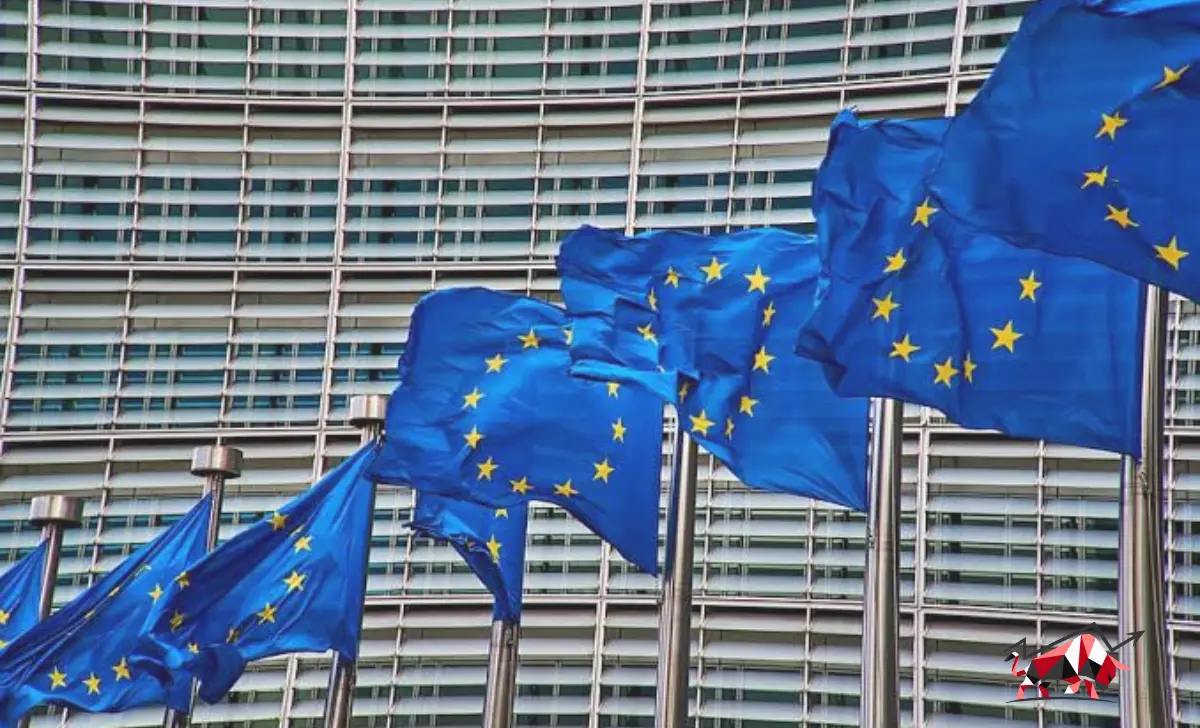The EU Economic and Financial Affairs Council endorsed the Markets in Crypto-Assets (MiCA) rule on May 16, 2023. The MiCA measure, which amends several rules relating to the new cryptocurrency legislation, was approved by the finance ministers of all 27 member states.
Less than a month after the European Union Parliament approved the MiCA law, the European Union Council has endorsed it. On April 20, the legislators approved the proposed licensing scheme for cryptocurrencies by a vote of 517 to 38.
Utility tokens and stablecoins are only a couple of the many digital assets that are covered under the MiCA law, an extensive legal framework for crypto assets and related services throughout the European Union.
The MiCA law, which was first put out to the European Commission in 2020, has emerged as one of the industry’s first regulatory frameworks. The Act specifies registration and permission criteria in order to control cryptocurrency issuers, exchanges, and wallet providers.
Issuers of stablecoins will need to adhere to strict security and risk-reduction guidelines. Additionally, in order to address possible operational and cybersecurity concerns, suppliers of cryptocurrency custody services must put in place security and safety procedures. The EU anticipates that the passage of the MiCA law will contribute to the suppression of insider trading, market manipulation, and other negative behaviors in the cryptocurrency industry.
EU MiCA to Go Live in 2025
The MiCA policy’s publishing in the European Union journal is the next stage after being approved by the Parliament and Council. The stablecoin restrictions are predicted to take effect by the middle of 2024, while the more general regulations for crypto service providers may be put into place as early as January 2025.
The European Union intends to implement the Travel Rule guidelines beginning in January 2025 in addition to MiCA. This regulation will deal with cryptocurrency transactions and call for clients to be given information about the origin of assets and the receiver. Transfers above €1,000 (about $1,100) from crypto wallet addresses to private users, except person-to-person transactions, are subject to the travel restriction.
Meanwhile, numerous industry leaders have expressed their support for the new regulations, praising their ability to foster innovation within the crypto sector while safeguarding consumers. Some have also called upon U.S. authorities to establish clear regulations for the crypto industry in order to prevent a potential exodus of businesses and talent.


